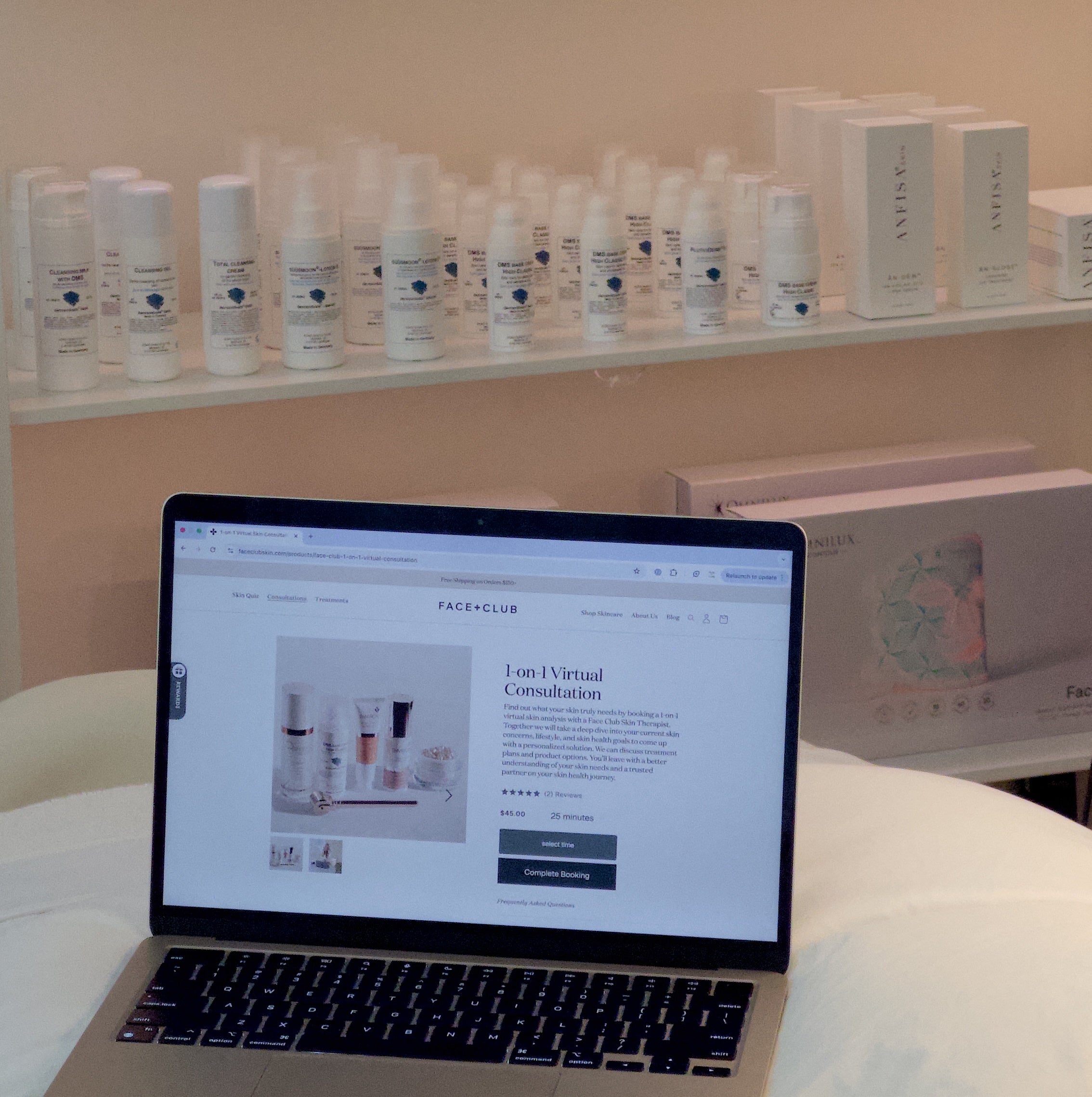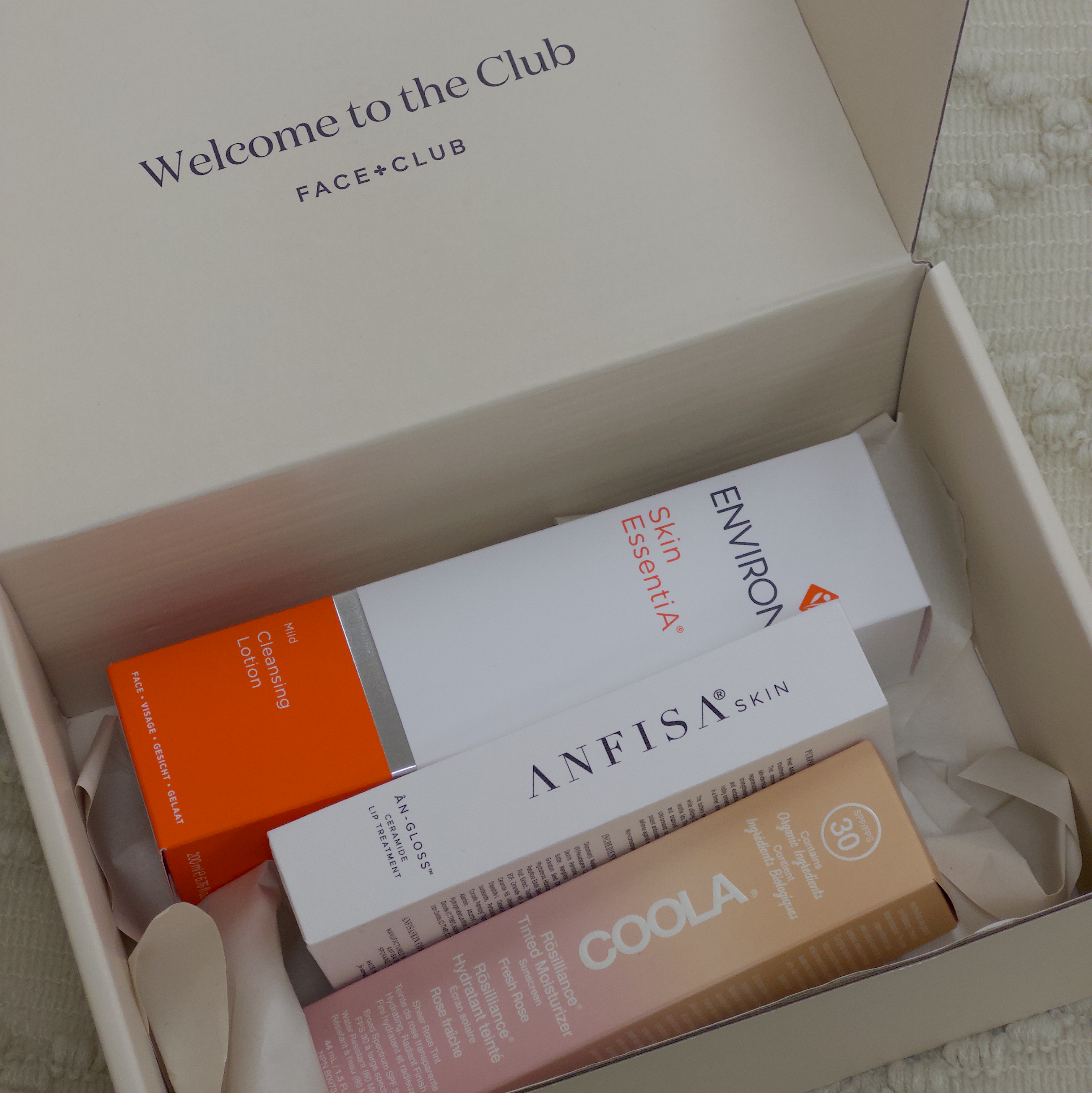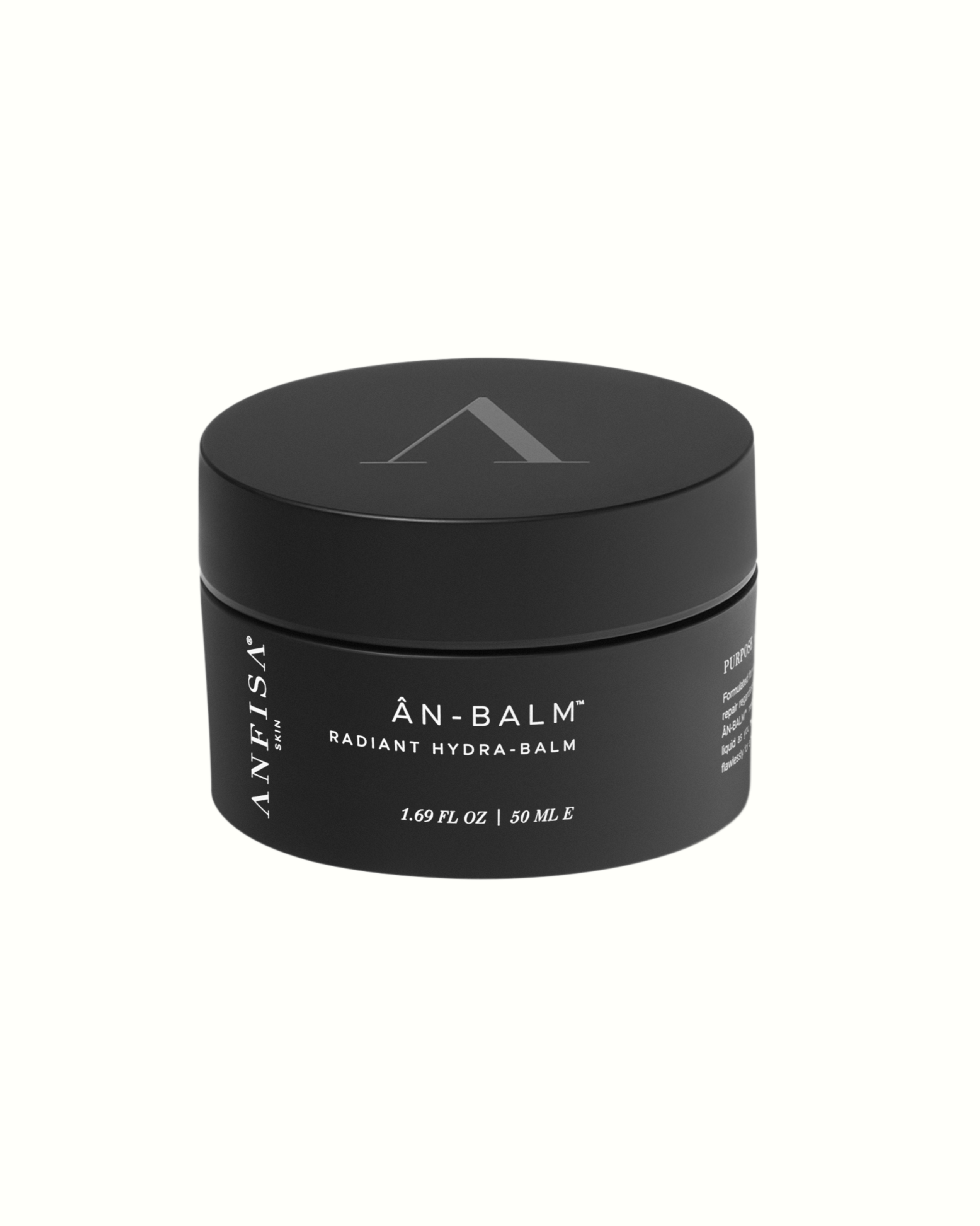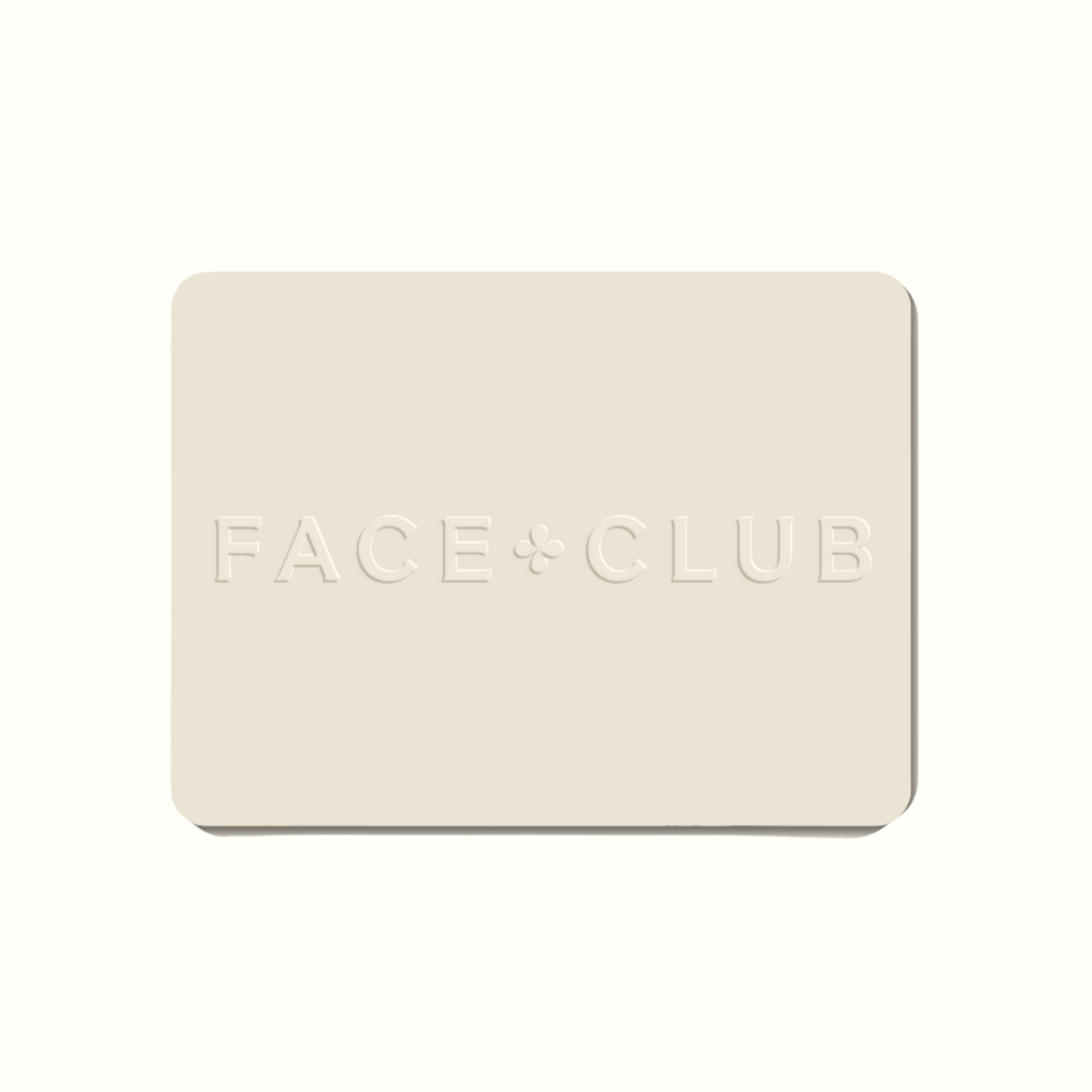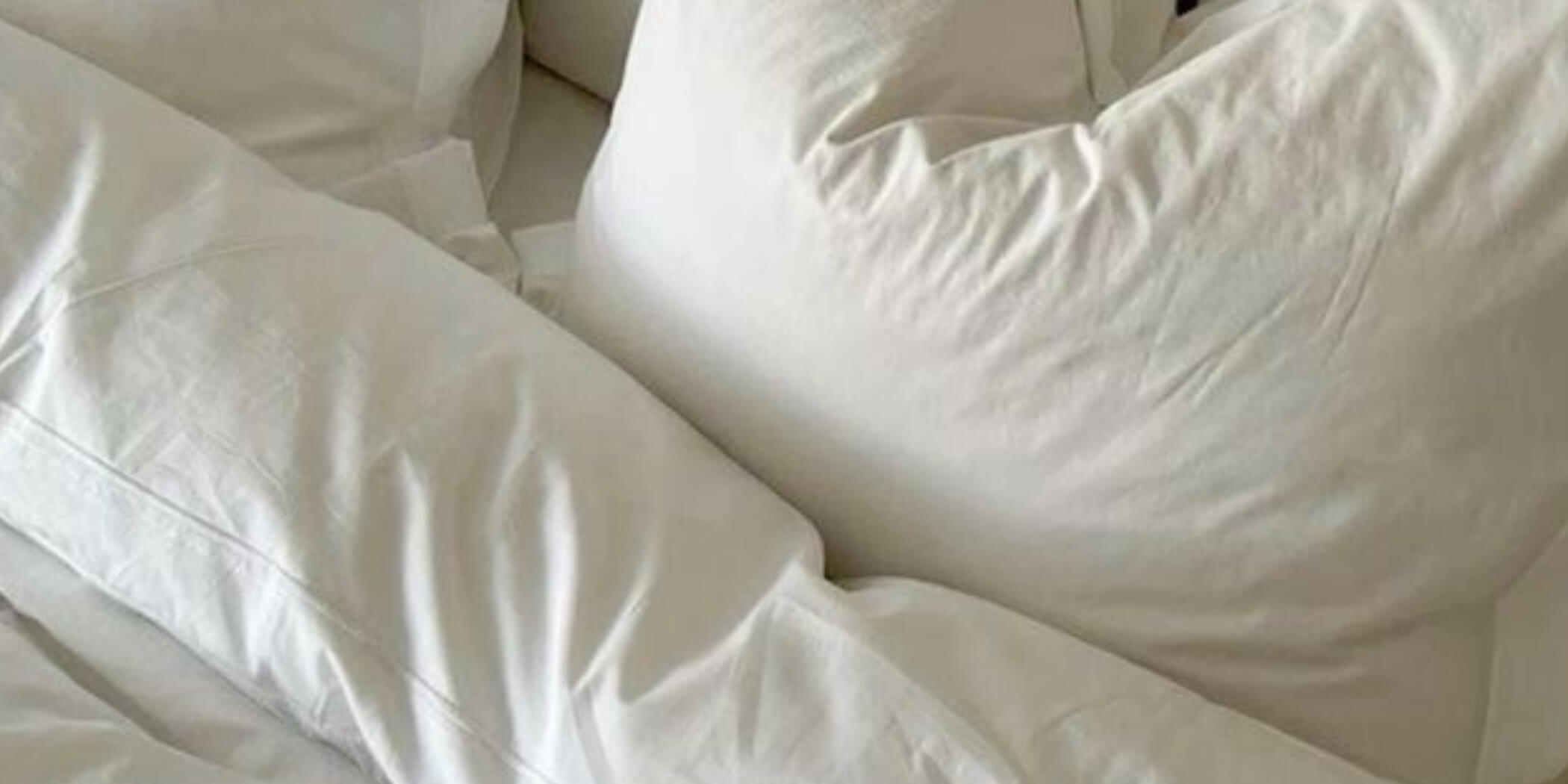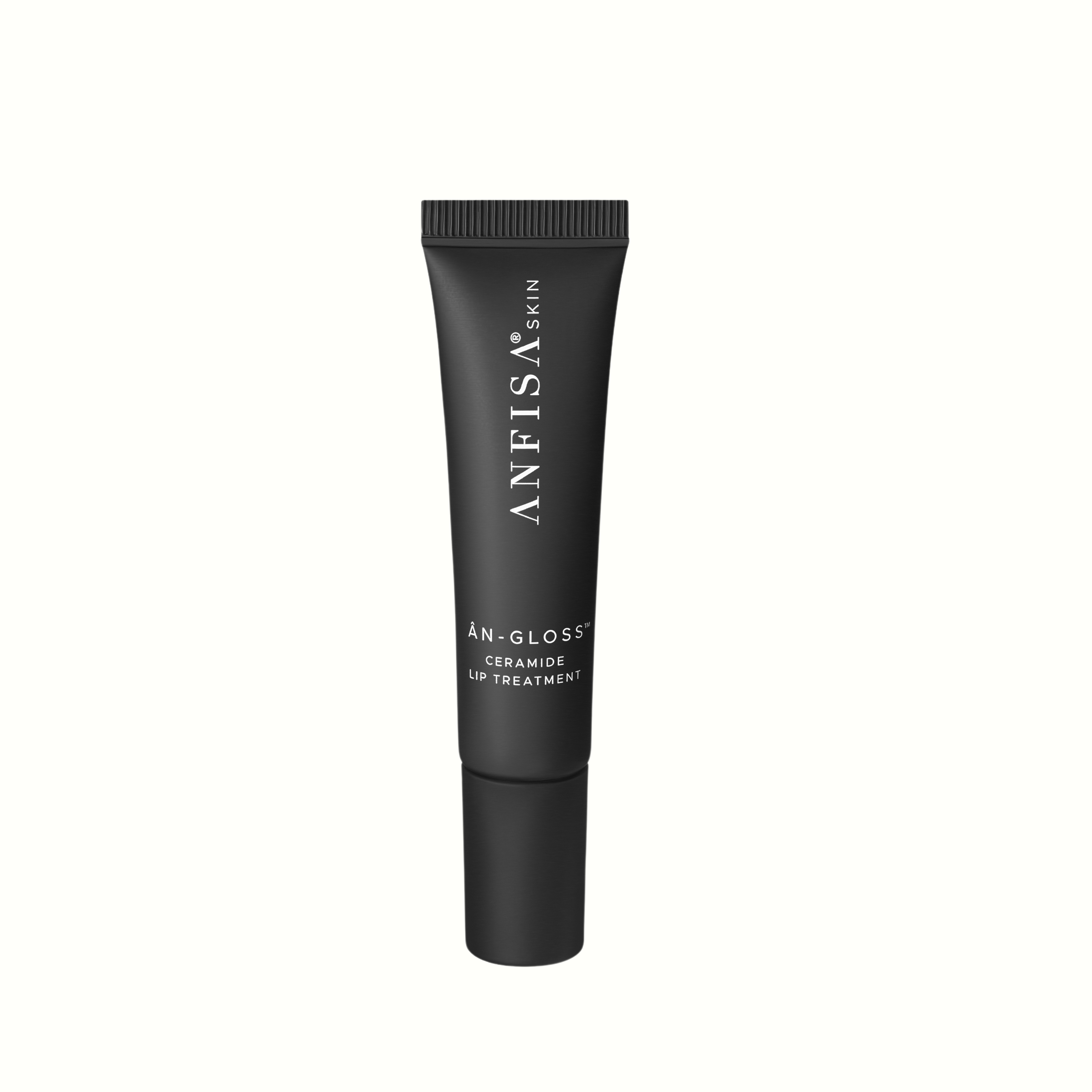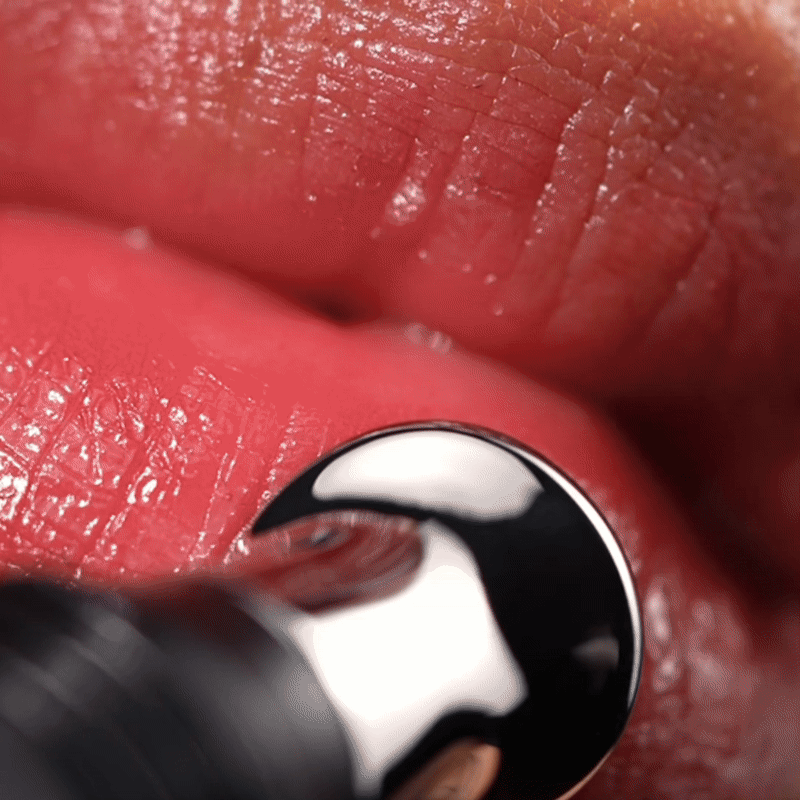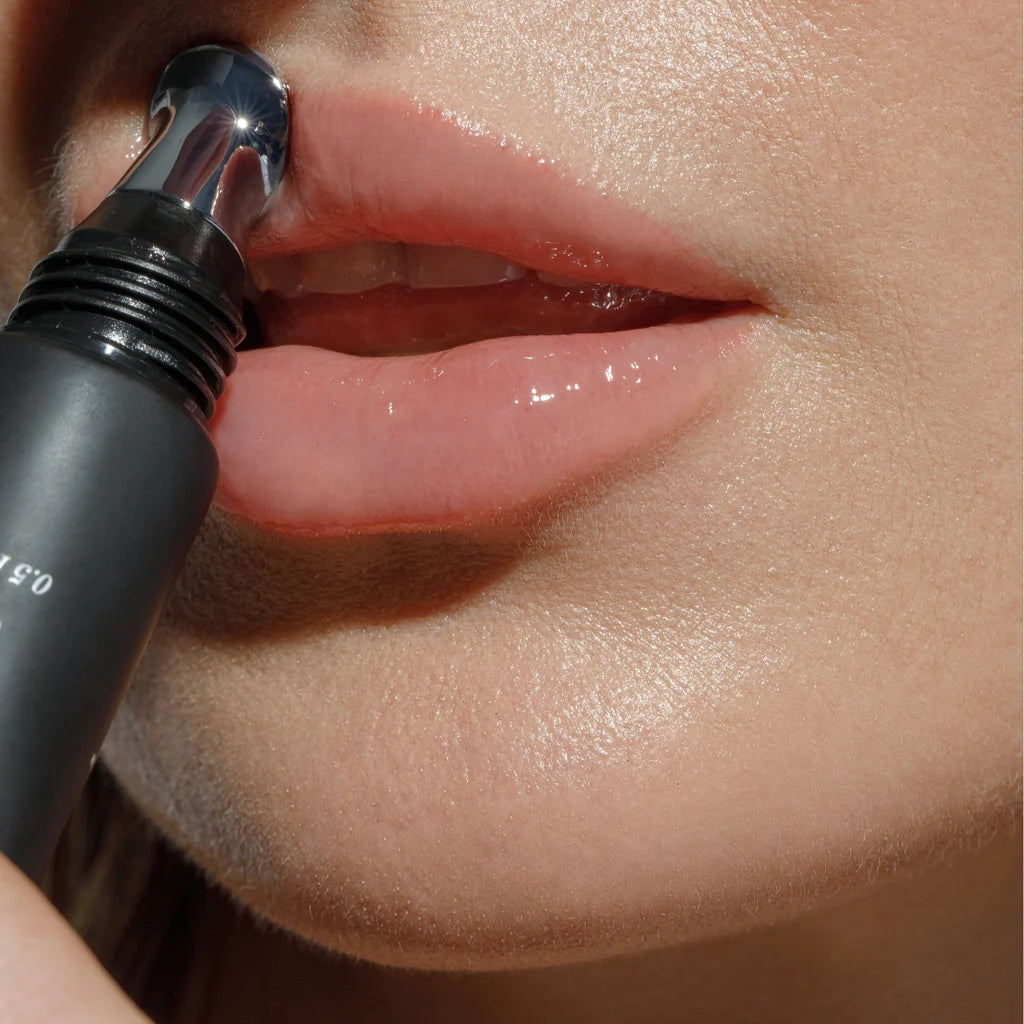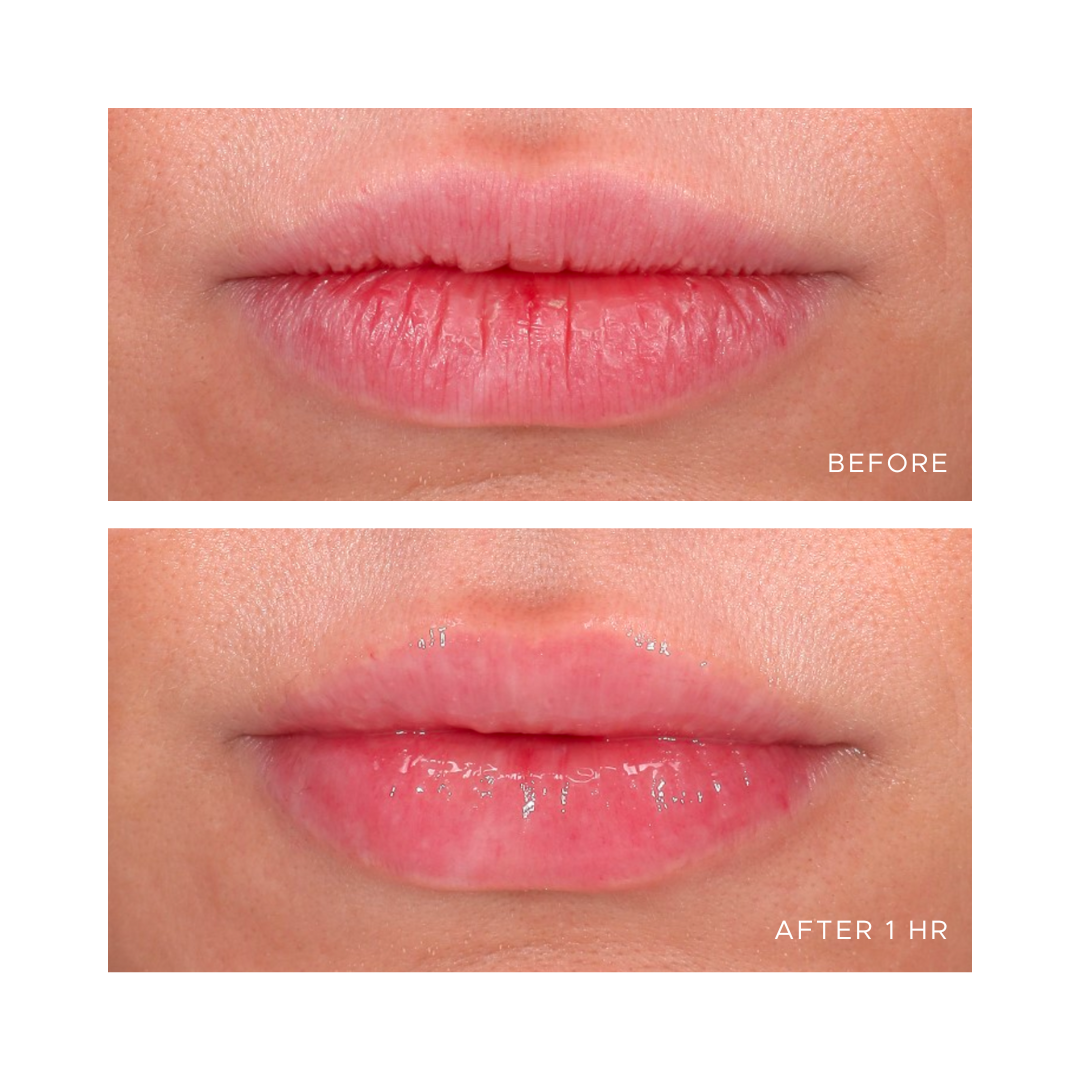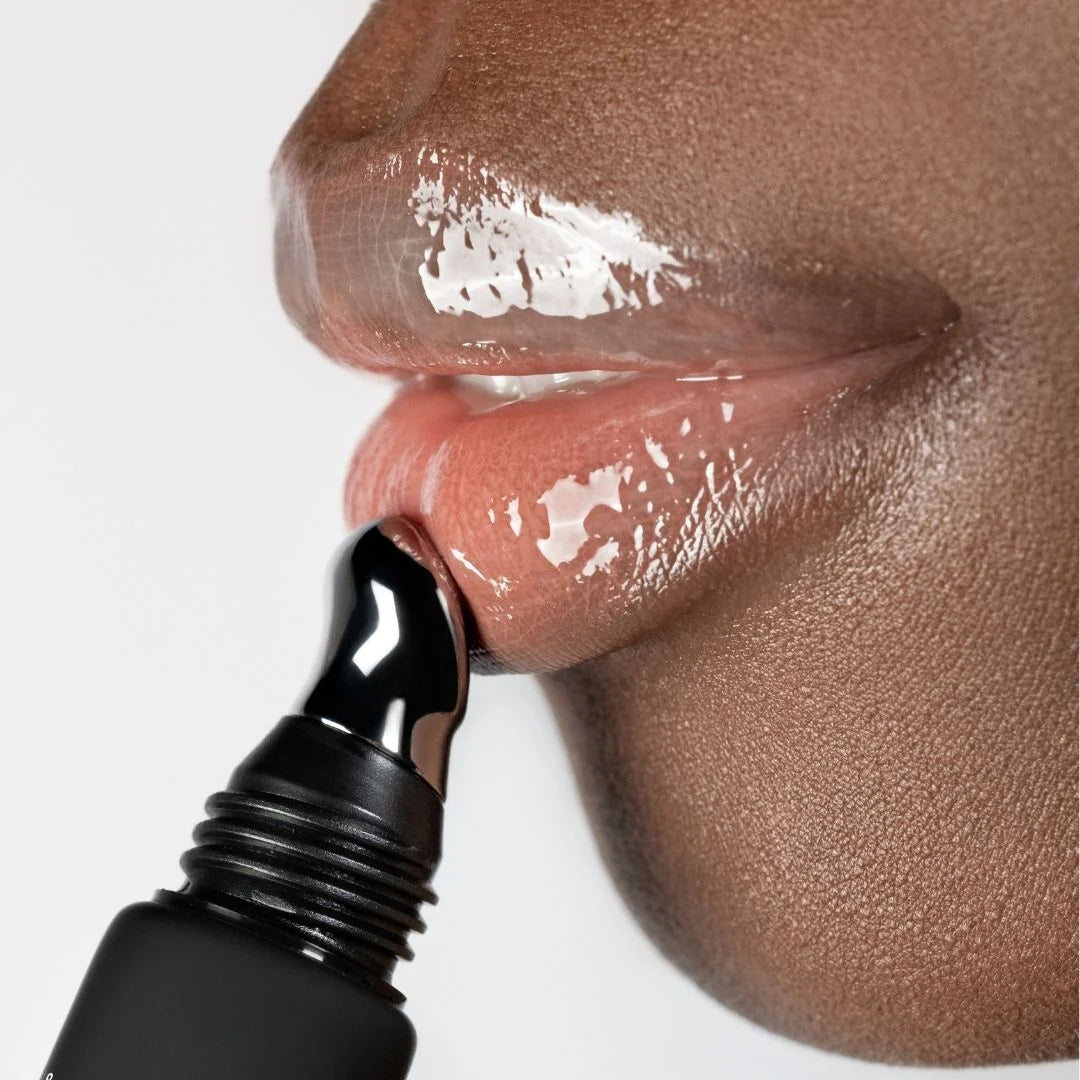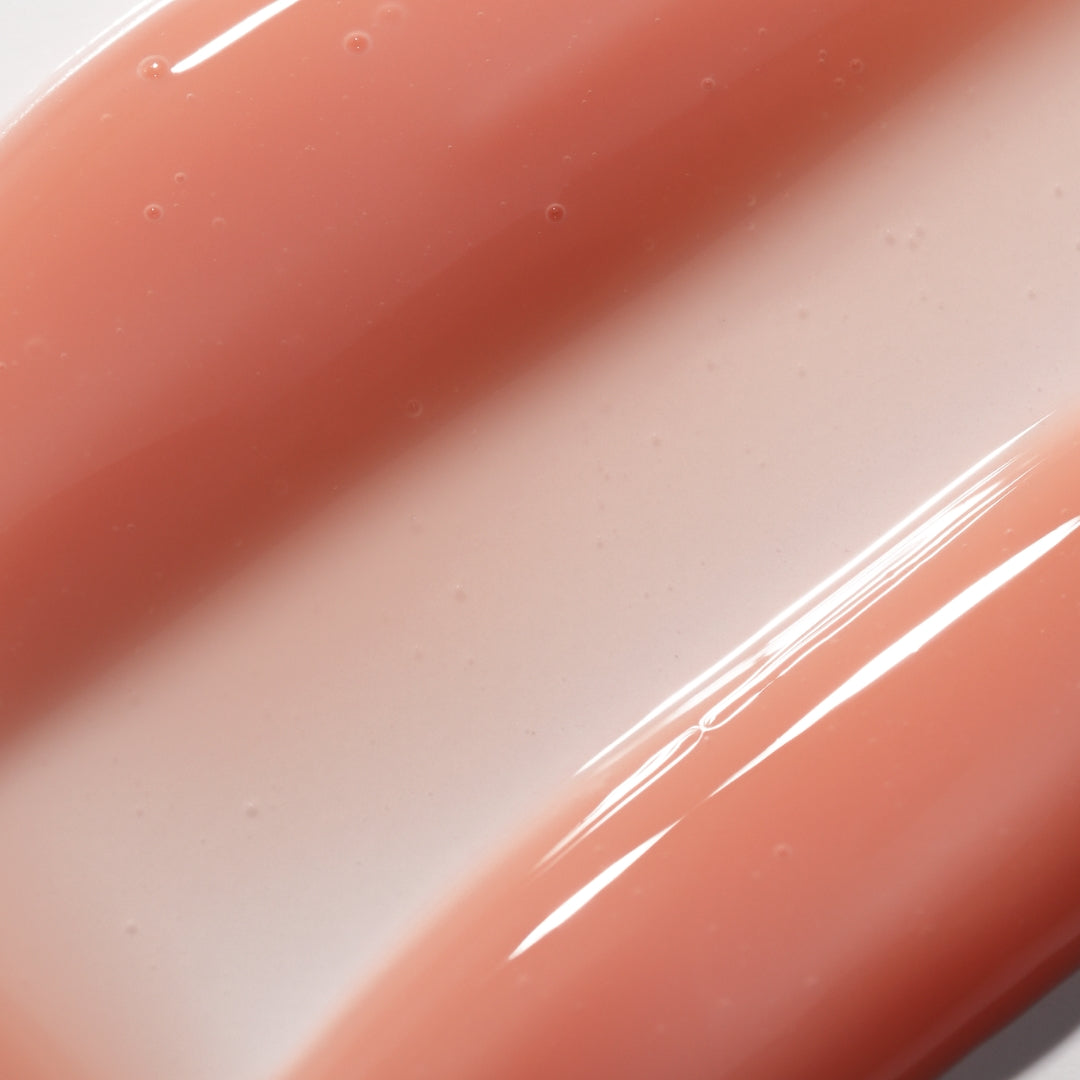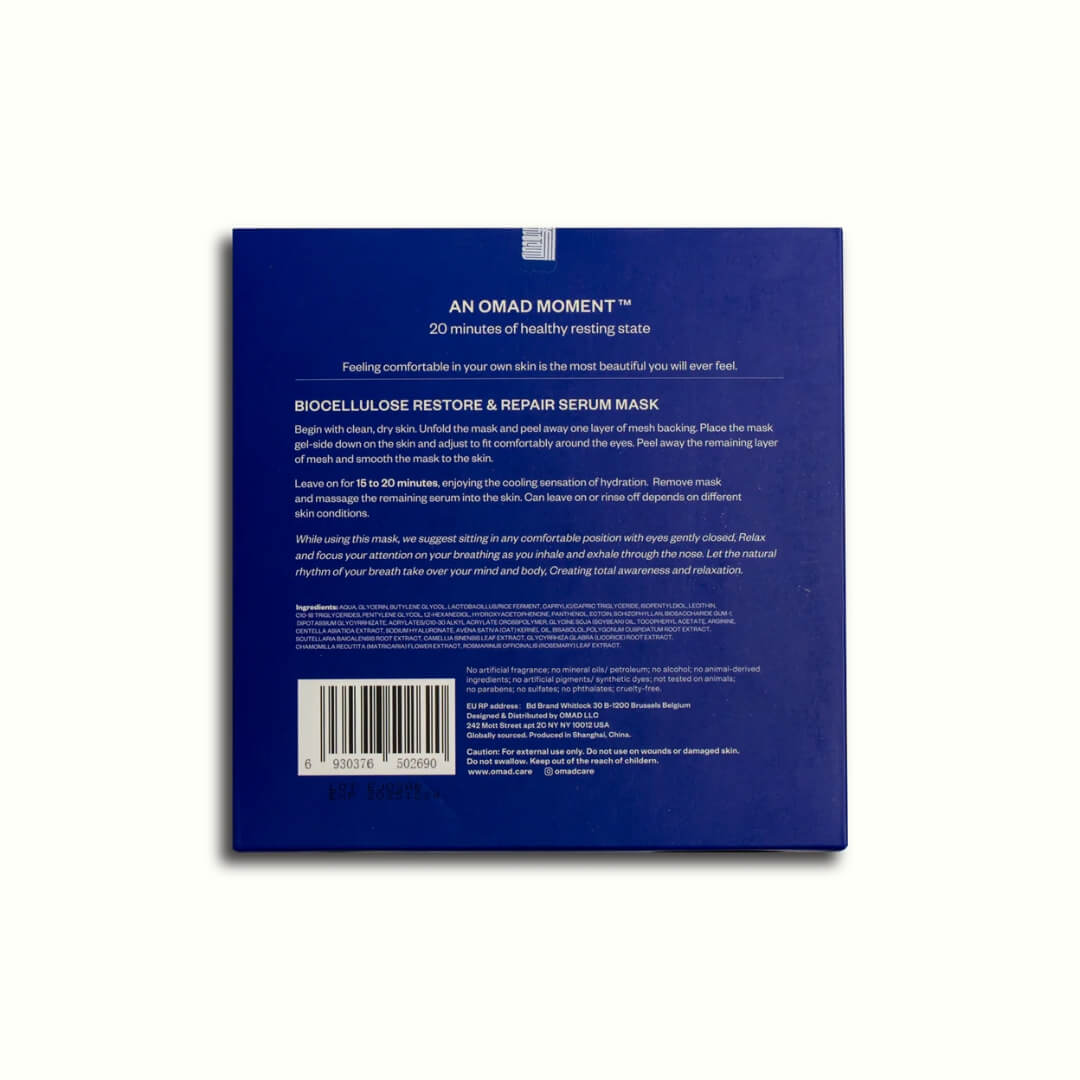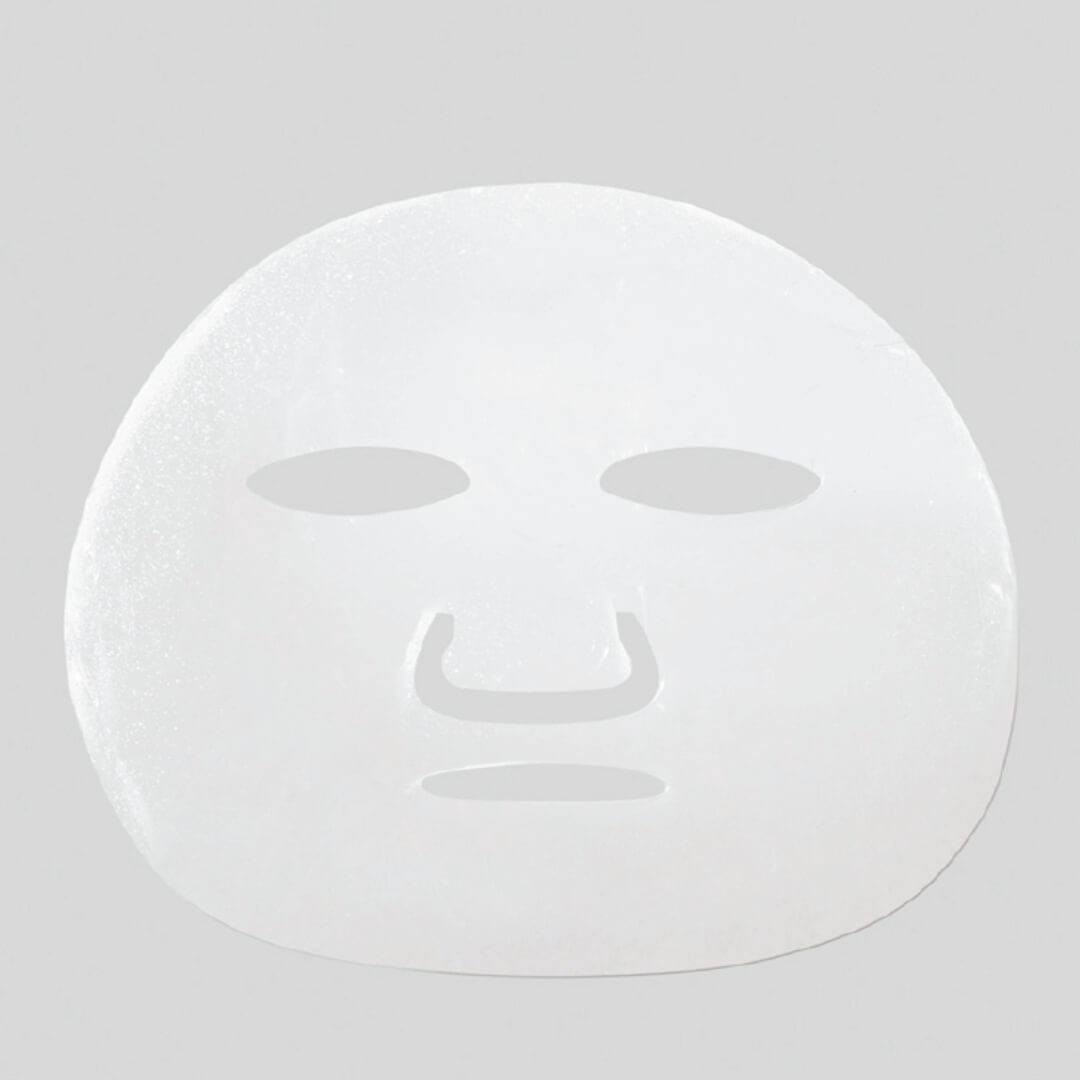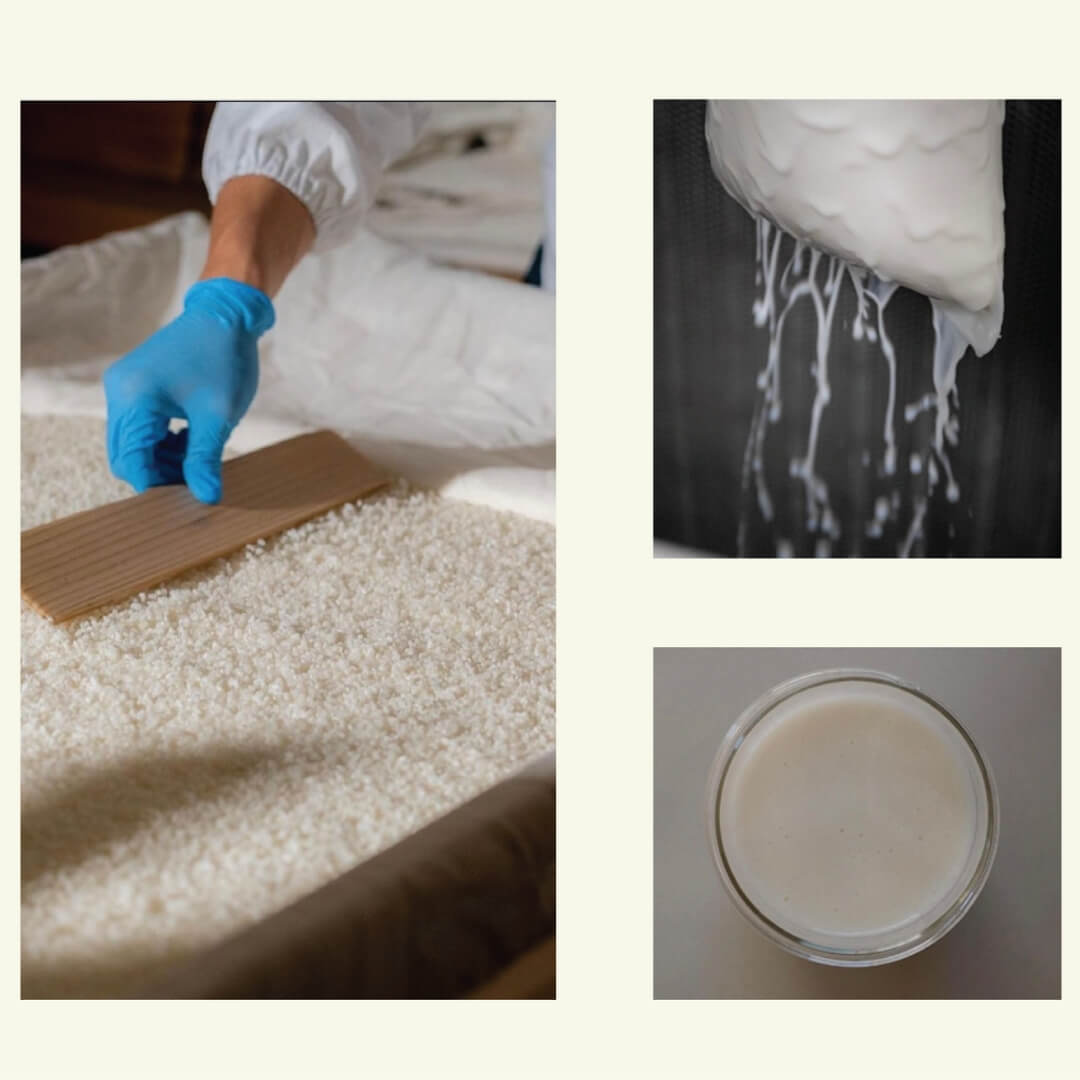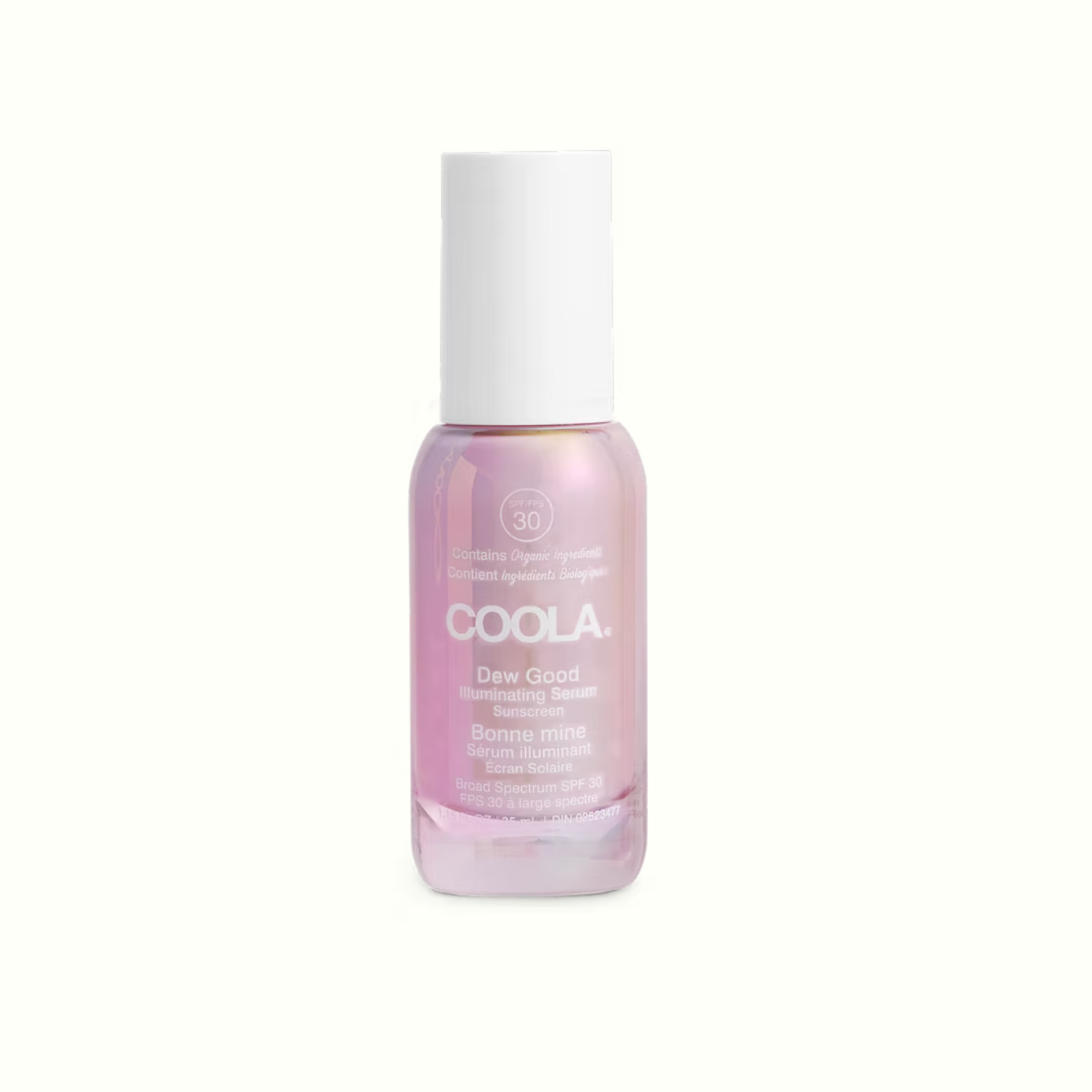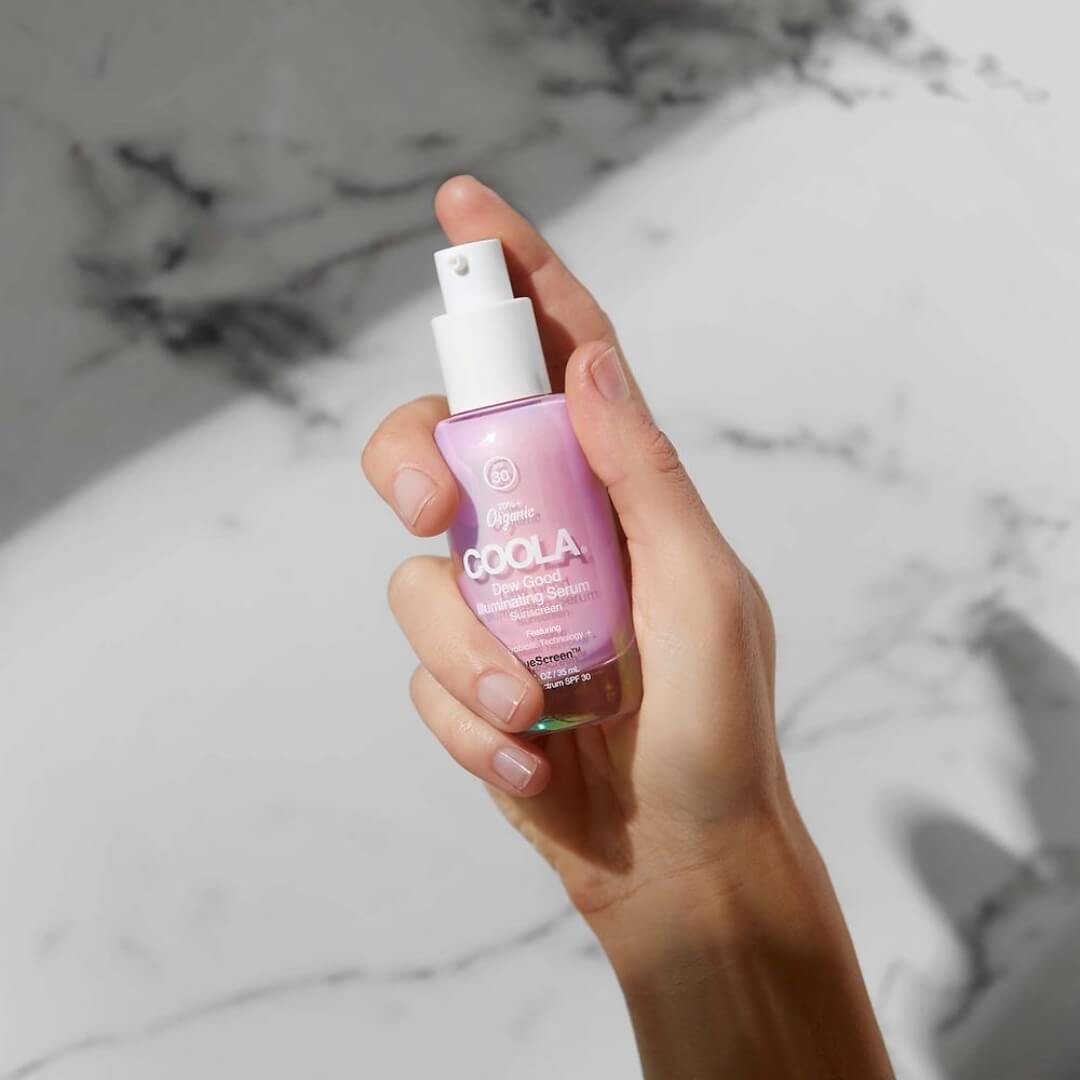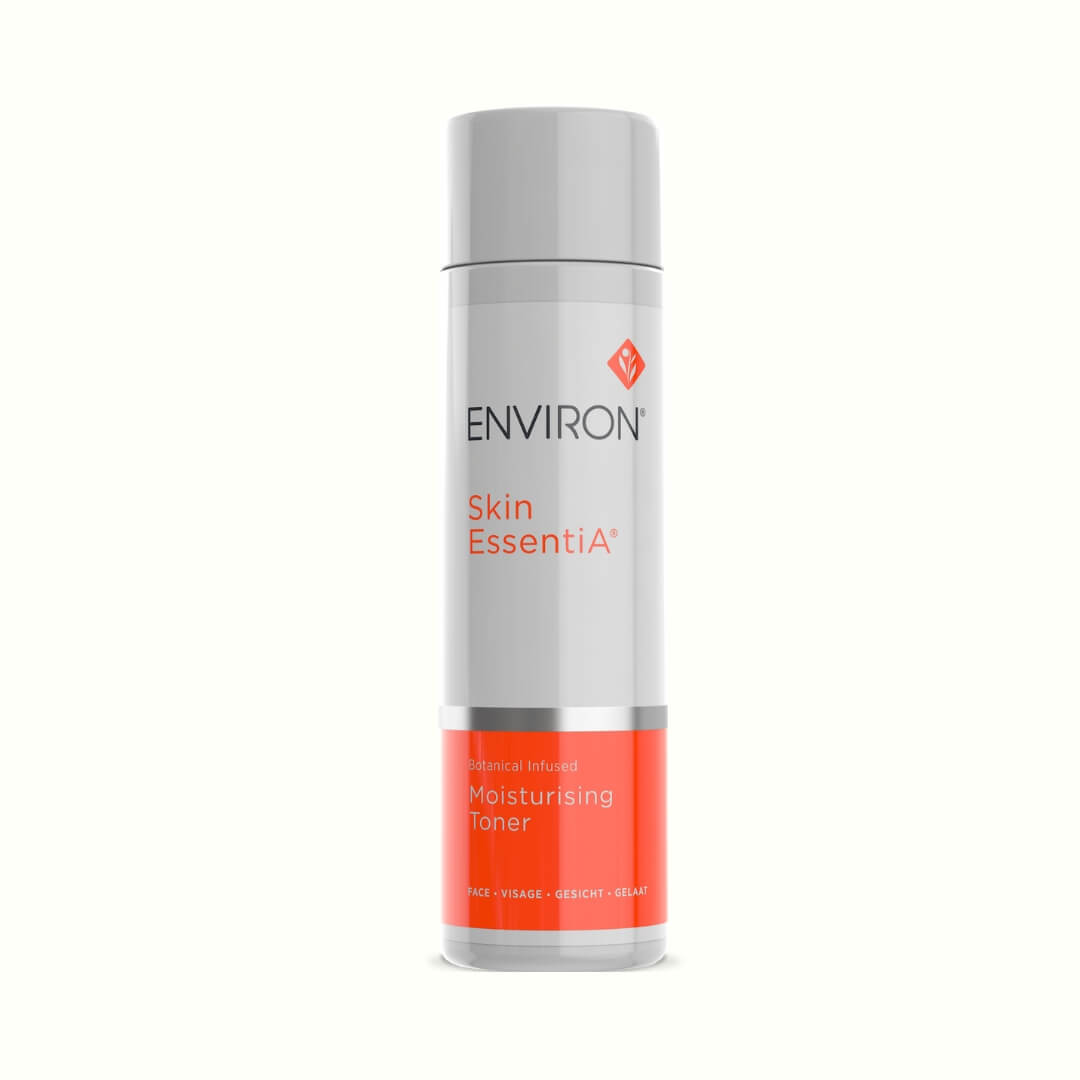The Science Behind Beauty Sleep
Getting quality sleep is crucial for overall health, but it also plays a vital role in maintaining healthy, hydrated skin. During sleep, the body undergoes essential repair and regeneration processes that benefit the skin in multiple ways. When we enter deep sleep stages, blood flow to the skin increases, allowing it to receive nutrients and oxygen more efficiently. Additionally, growth hormones are released, which stimulate cell repair and collagen production. These processes work together to keep the skin firm, smooth, and hydrated.
Skin Repair and Regeneration During Sleep
-
Increased Collagen Production: When you don’t get enough sleep the body is less able to produce collagen, a protein responsible for skin elasticity and firmness. This increases the likelihood of developing sagging skin and premature wrinkles.
-
Cell Turnover and Renewal: As we sleep, skin cells turn over more quickly, making way for new, healthy cells. This natural exfoliation process helps renew and repair the skin.
-
Reduced Inflammation and Redness: Sleep helps lower levels of the stress hormone cortisol, which is linked to oil production & inflammation.
-
Better Moisture Retention: The skin’s barrier strengthens during sleep, improving hydration and preventing transepidermal water loss (TEWL), which can otherwise cause dryness and a weakened skin barrier.
Why Nighttime Skincare Matters
Since the skin goes into repair mode at night, using the right skincare products before bed can enhance these natural processes. Evening skincare routines should focus on repairing damage, boosting hydration, and stimulating collagen production. Here’s why incorporating active ingredients is essential:
Best Nighttime Skincare Ingredients for Optimal Skin Health
1. Retinoids (Retinol, Retinaldehyde, Retinyl Esters)
-
Stimulate collagen production, reducing fine lines and wrinkles.
-
Encourage cell turnover, improving skin texture and fading dark spots.
-
Work best at night since they break down in sunlight.
Recommended Products: Environ Vita-Antioxidant AVST Moisturiser and Osmosis Correct
2. Peptides
-
Support collagen and elastin production, keeping skin firm and smooth.
-
Aid in repairing damaged skin and strengthening the skin barrier.
Recommended Product: Environ Youth+® Serience™ Night Serum
3. Alpha Hydroxy Acids (AHAs) & Beta Hydroxy Acids (BHAs)
-
Exfoliate dead skin cells, promoting a brighter complexion.
-
AHAs (like glycolic and lactic acid) help with pigmentation and fine lines.
-
BHAs (like salicylic acid) penetrate deep into pores to combat acne.
Recommended Product: Environ Revival Masque
4. Hyaluronic Acid
-
Hydrate and lock in moisture, preventing dryness and irritation.
-
Replenish hyaluronic acid levels, which decline as we age.
Recommended Product: Environ Intensive Hydrating Serum
5. Essential Fatty Acids
-
Reduces redness and inflammation by strengthening the skin barrier.
-
Restores the skin barrier by locking in hydration & preventing transepidermal water loss (TEWL).
Recommended Product: Ân-Balm Radiant Hydra-Balm
How Many Hours of Sleep Is Best for Skin Health?
Experts recommend 7-9 hours of sleep per night for optimal skin health. A consistent sleep schedule allows the body to fully engage in its repair and regeneration processes, leading to a healthier and more youthful appearance.
Signs of Sleep Deprivation on Skin:
-
Increased Wrinkles & Fine Lines: Lack of sleep reduces collagen production, leading to premature aging.
-
Dark Circles & Puffy Eyes: Poor sleep affects circulation, causing under-eye darkness and swelling.
-
Dull & Uneven Skin Tone: A decrease in blood flow leads to a tired, uneven complexion.
-
Breakouts & Sensitivity: Increased cortisol levels trigger inflammation and acne flare-ups due to increased sebum production.
What Happens to Your Skin When You Sleep Late?
Going to bed late or getting insufficient sleep can negatively impact your skin in multiple ways:
-
Delayed Skin Repair: The peak time for cell regeneration is between 10 PM and 2 AM. Sleeping late reduces the effectiveness of this process.
-
Increased Stress Hormones: Higher cortisol levels lead to increased sebum production and breakouts.
-
Weakened Skin Barrier: Late nights contribute to dehydration, making skin more prone to irritation and environmental damage.
Tips to Get More Beauty Sleep
To maximize the benefits of sleep for your skin, follow these expert-backed tips:
-
Maintain a Consistent Sleep Schedule: Aim for the same bedtime and wake-up time every day.
-
Create a Sleep-Inducing Environment: Keep your bedroom dark, cool, and free from distractions.
-
Limit Screen Time Before Bed: Blue light from screens disrupts melatonin production, making it harder to fall asleep.
-
Hydrate & Moisturize: Apply a quality moisturizer + finish with a facial balm to lock in moisture while you sleep.
-
Avoid Caffeine & Heavy Meals Before Bed: These can interfere with deep sleep and skin repair.
Final Thoughts
Sleep is one of the most underrated beauty treatments. By prioritizing quality rest and incorporating a strategic nighttime skincare routine with active ingredients, you can significantly improve your skin’s appearance, resilience, and overall health. Aim for consistent, high-quality sleep and support your skin’s natural processes with science-backed skincare choices to wake up with a glowing, youthful complexion.
Find Out What Your Skin Needs with a 1-on-1 Virtual Consultation
Understanding your skin’s needs is key to achieving a radiant and healthy complexion. Book a 1-on-1 virtual skin analysis with a Face Club Skin Therapist to take a deep dive into your current skin concerns, lifestyle, and skin health goals. Together, we will create a personalized skincare plan tailored to your unique needs. During your consultation, we can discuss treatment plans and product options to help you achieve your best skin.
You’ll leave with a better understanding of your skin’s needs and a trusted partner on your skin health journey.

